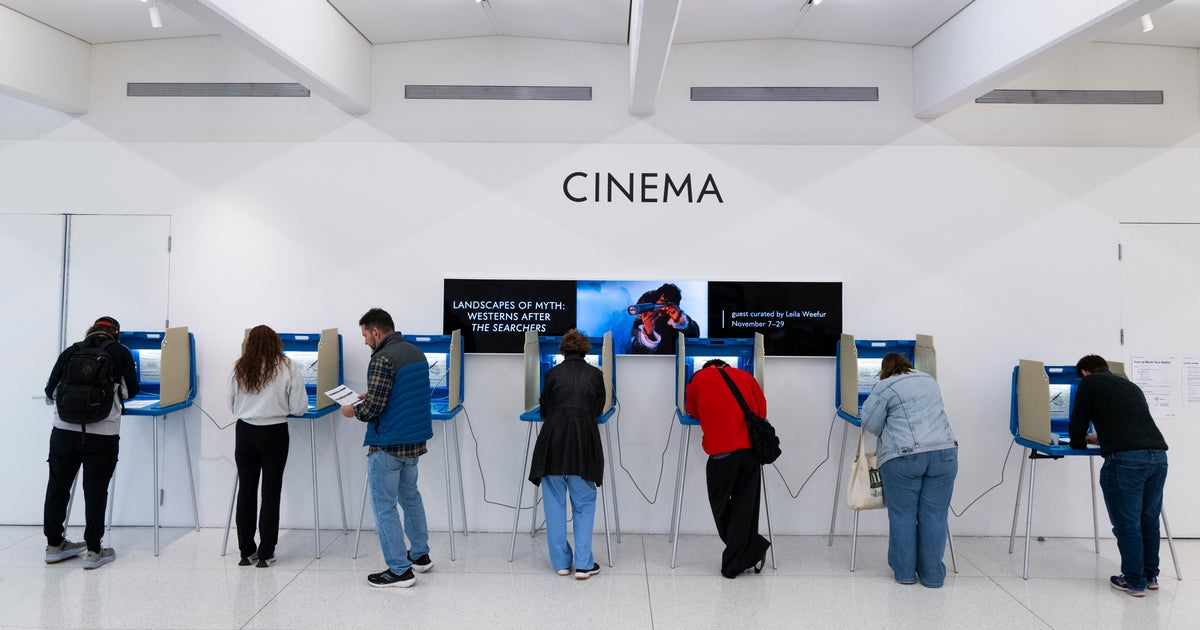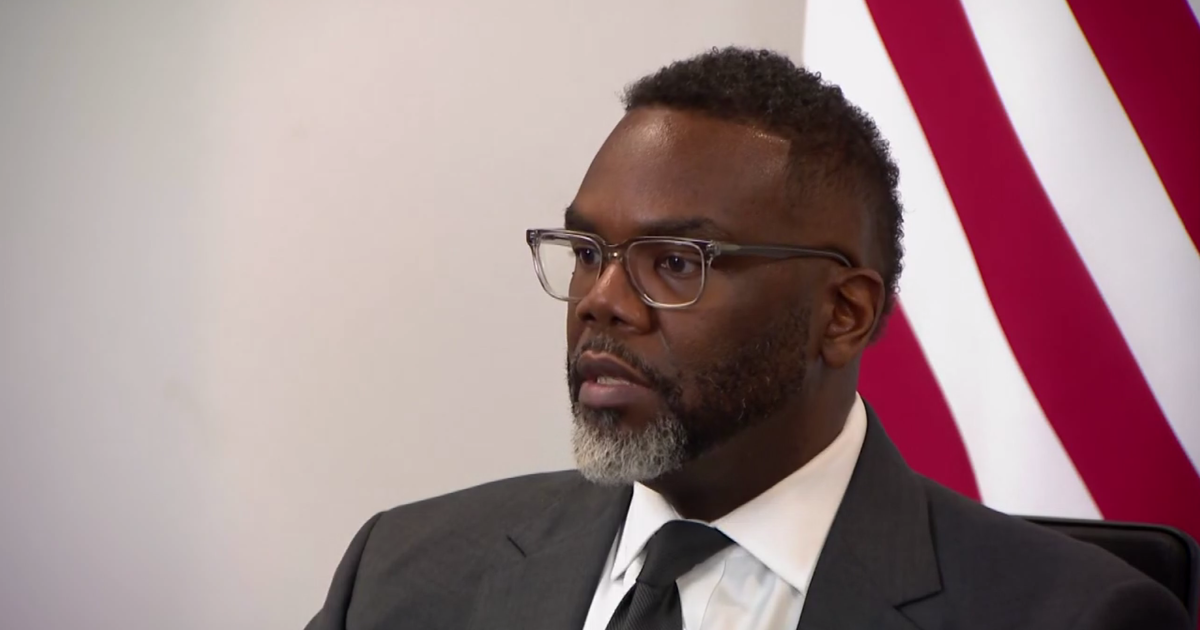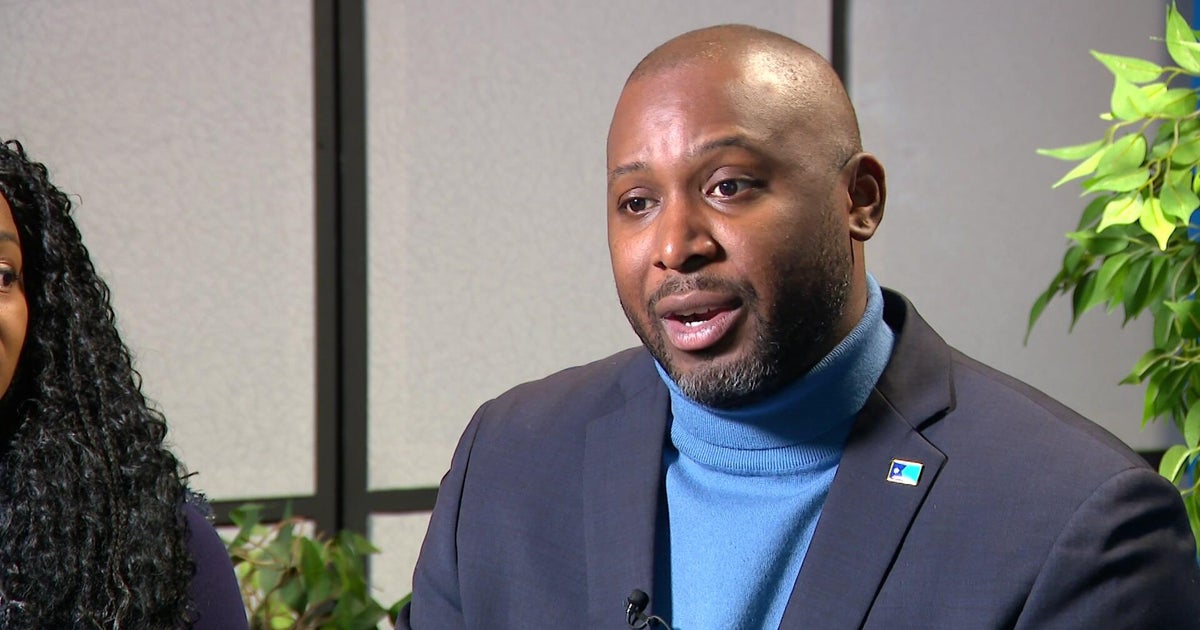Analysis: GOP Tests Stronger Voice In NY Assembly
ALBANY, N.Y. (AP) -- While New York's political world frets over vote recounts that will decide which party rules the state Senate, the long-overlooked Republican minority in the Assembly is quietly pondering its newfound strength, and celebrating just a bit.
Outspent by at least 2-to-1, the Republicans went into the Nov. 2 election thoroughly in the minority of the chamber. Democrats held 107 seats to their 42, with one vacancy.
As of now, Republicans will add seven seats, with two more subject to continuing recounts. Taking them both would end the Democrats' ability to override a veto alone. Even with a gain of just the seven seats, the result will put one or two more Republicans on committees.
It's not exactly power sharing. But Republicans made their greatest election day gain in decades in the blue state with a nearly 2-to-1 Democratic enrollment advantage. The GOP wins also sent a message along the way about support for their priorities: reducing spending, avoiding tax increases and protecting upstate interests with the Democratic leadership dominated by New York City liberals.
Minority Leader Brian Kolb of Canandaigua tries to hide his smile. But it's an effort for the stocky 58-year old former town supervisor, who is known in part for angrily pointing out the political theatrics during televised leaders meetings billed as budget negotiations.
"I'm very proud of what we've done, but I'm not going to gloat about it," Kolb told The Associated Press last week, shortly after his re-election as minority leader. "I'm just trying to say we had a battle, we won some seats, and now it's time to move on."
He'll be moving on against Democratic Assembly Speaker Sheldon Silver of lower Manhattan. For most of his 16 years as speaker, Silver has been the most powerful figure in Albany. While Silver in the past has tolerated -- sometimes barely -- the headline grabbing rants and antics of previous Republican leaders, he has appeared over the last two years to strike a lopsided partnership with Kolb. In some major legislation, including an ethics reform bill, Silver co-sponsored the measure with Kolb, even though not a single Republican vote was needed to pass it.
"I doubt we will talk about the campaign at all," said Kolb, who has had to fend off criticism he was too close, too easy on Silver. "My philosophy has been whatever we do in the campaigns we do in the campaigns and when that's done, we forget all that and go back to trying to make things happen in Albany."
He said he and Silver don't argue or even talk about politics. "We talk public policy, we talk about working together in the institution and I think that's why it worked well for us."
The restraint is well founded. New York Democrats can also claim victory in stemming a Republican tsunami felt nationwide by incumbent Democrats. Before Election Day, Democrats privately feared losing 10 or more seats in the Assembly and state Republican Chairman Ed Cox predicted winning as many as 15.
"As a practical matter, the power ratio will be roughly the same," said Blair Horner of the New York Public Interest Research Group. "But it has to be a confidence builder for Kolb and his team, because they did something different and obviously it was successful."
Kolb's influence could be bolstered if Republicans succeed in regaining the Senate majority, said Democratic Assemblyman John McEneny of Albany. Assembly minority leaders have often gotten help from Republicans in the Senate majority to secure funding or legislation for their districts, he said.
"I think Brian Kolb has been a very good leader for their party and it's been very collegial," McEneny said. "I think there is a whole study that could be done on Brian Kolb's style because where there is collegiality, there is cooperation and where there is cooperation there is influence."
But Democrats know being likable carries little weight given Albany's penchant for sheer political power.
"I think it's more symbolic than anything else," said Democratic Assemblyman Sam Hoyt of Buffalo. "It's more the message that was sent statewide and nationally about people being angry and fed up."
"Brian Kolb is a good guy," Hoyt said, "but it doesn't mean he necessarily has more muscle and influence at the table."
------
(Copyright 2010 by The Associated Press. All Rights Reserved.)







